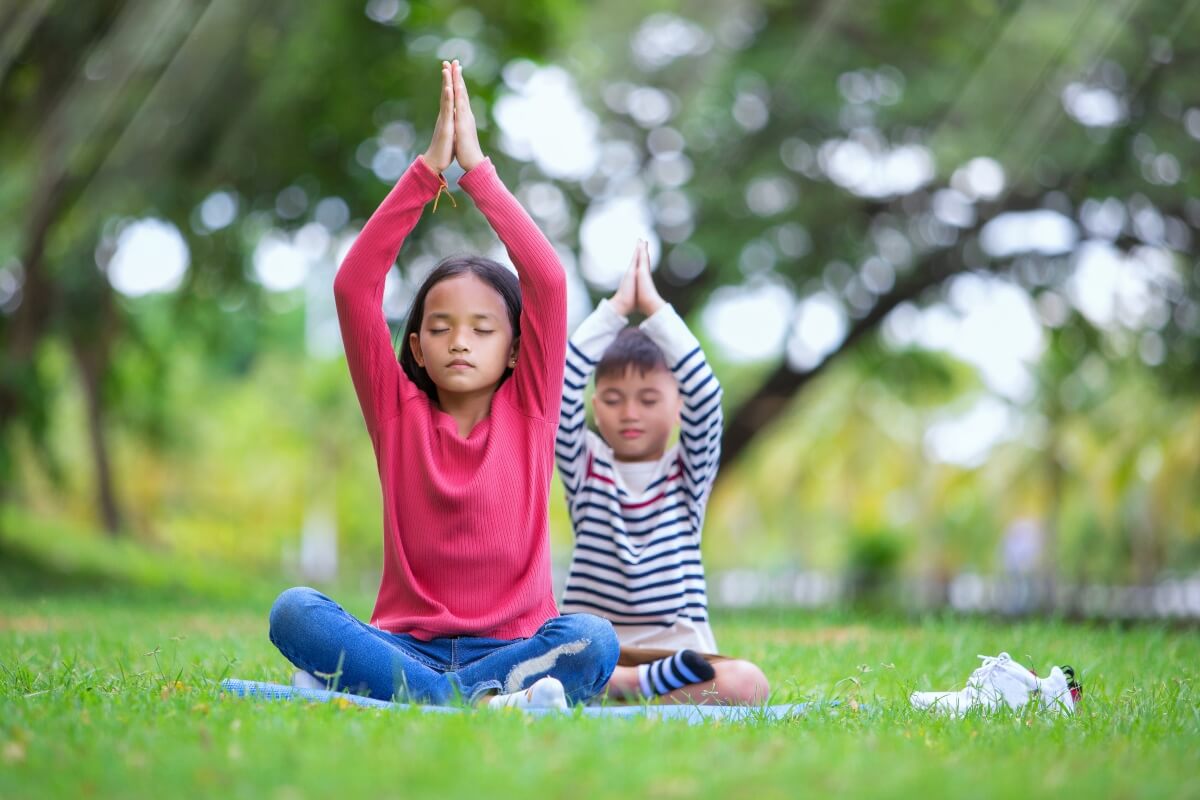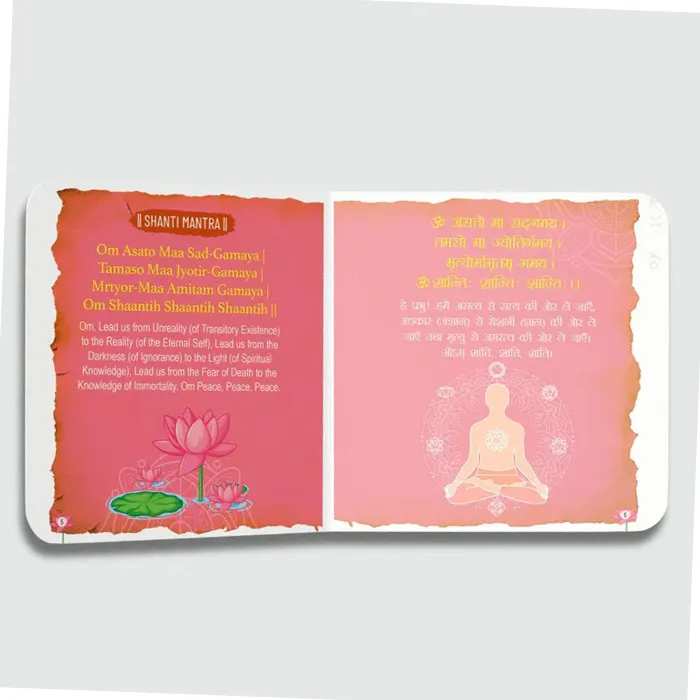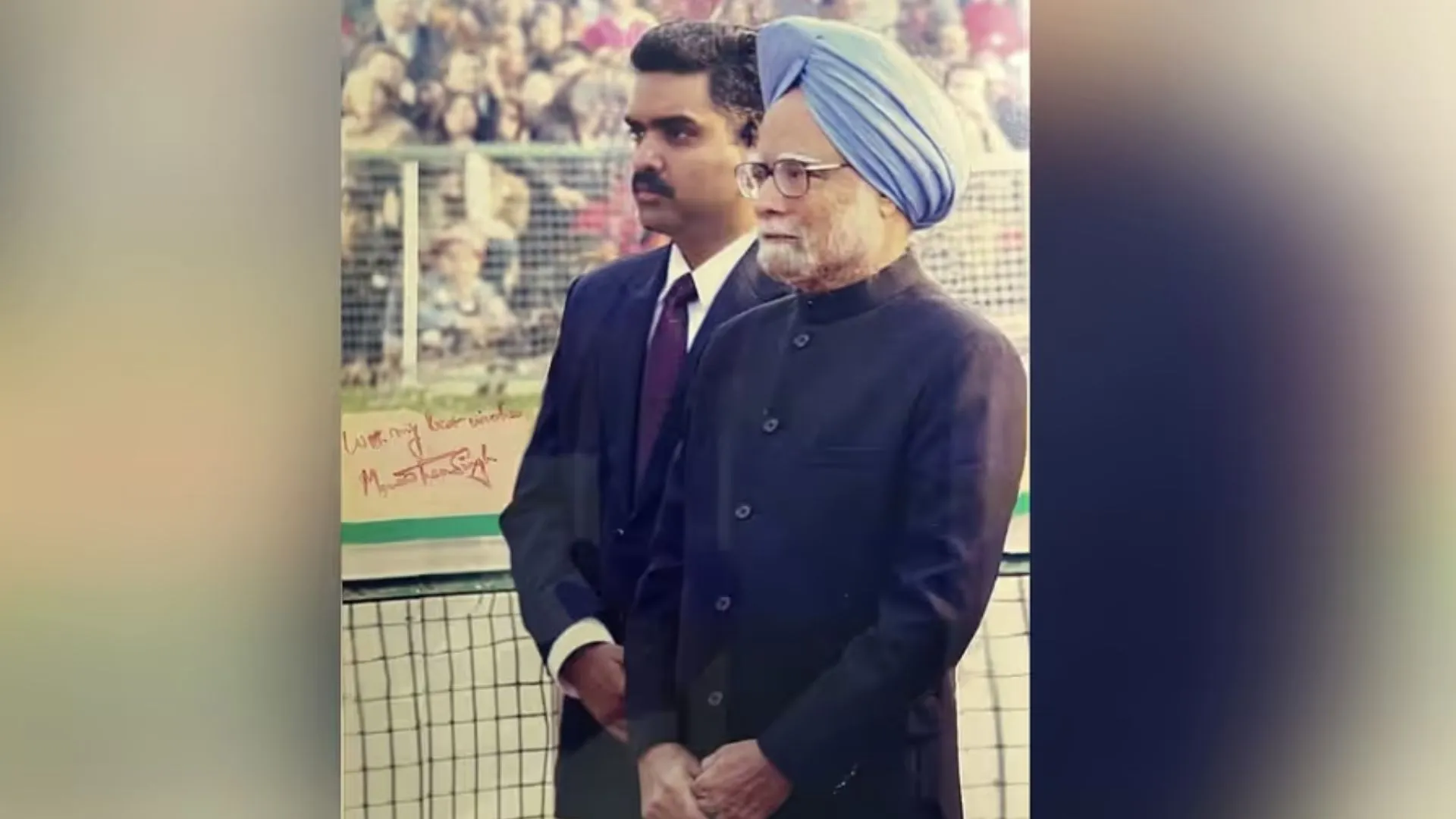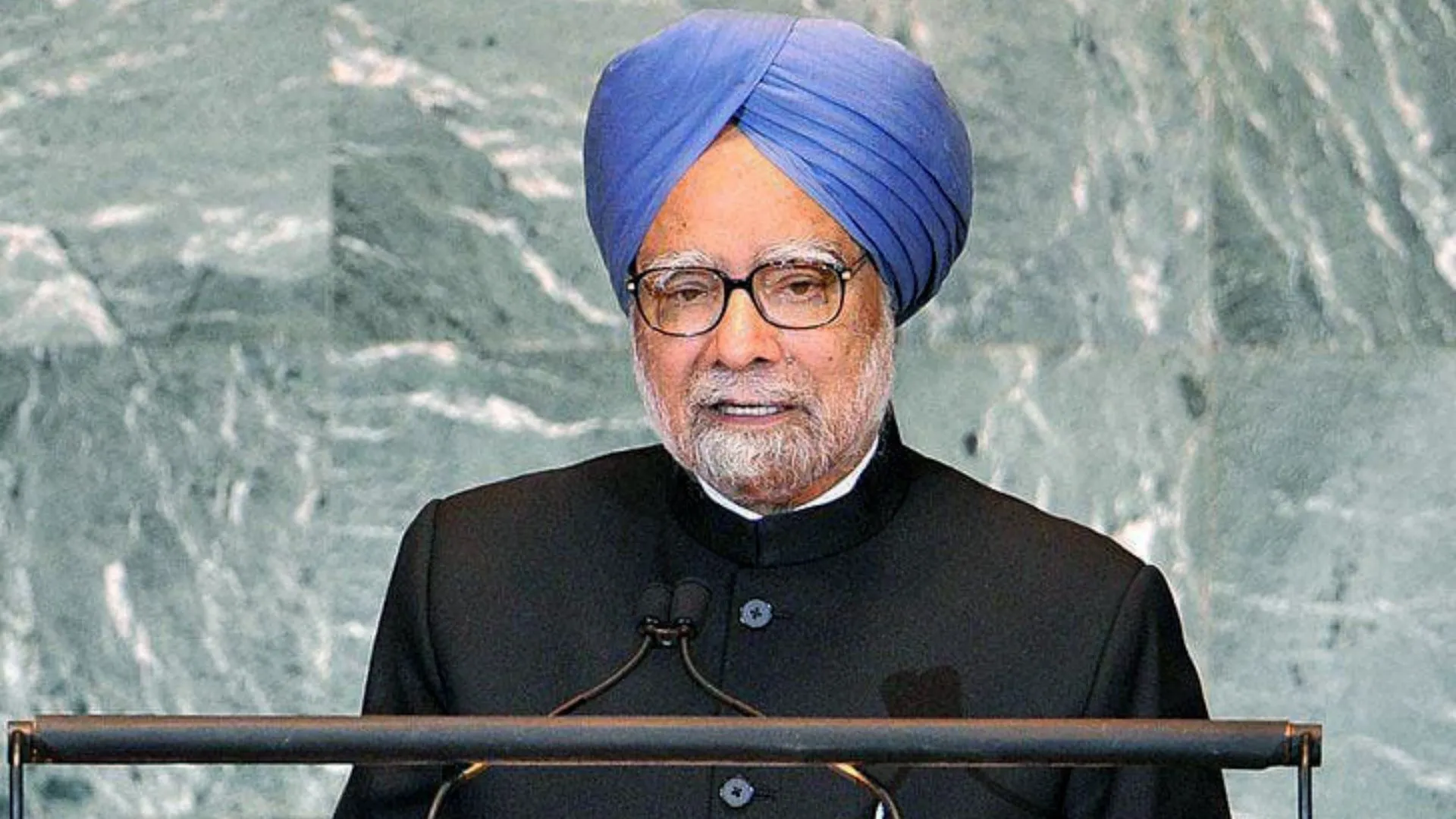In today’s fast-paced world, children face unique stressors that can impact their mental health and emotional well-being. Meditation for children is an effective tool for teaching kids valuable coping strategies. This article explores the numerous benefits of meditation for kids and provides practical techniques for introducing them to this calming practice.
Benefits of Meditation for Children
- Stress Reduction: Meditation is an excellent method for stress relief. By helping children focus on their breath and quiet their minds, meditation can alleviate feelings of anxiety and overwhelm.
- Emotional Regulation: Teaching kids meditation fosters emotional intelligence. Children become more aware of their feelings, enabling them to respond to challenging situations with composure and resilience.
- Improved Focus and Concentration: Regular meditation practice enhances attention span and concentration. Children learn to focus on a single point, which can lead to improved academic performance and engagement in various activities.
- Enhanced Creativity: Meditation encourages creativity in children. Visualization techniques can help them explore new ideas and perspectives, fostering innovation in their thinking.
- Better Sleep: Meditation promotes relaxation, which can lead to improved sleep quality. By calming their minds, children may find it easier to fall asleep and enjoy restful nights, essential for growth and development.
Techniques for Teaching Meditation to Children
- Start with Short Sessions: Begin with brief meditation sessions lasting 5 to 10 minutes. Shorter durations are more effective for children with shorter attention spans. Gradually increase the session length as they grow comfortable with the practice.
- Use Guided Meditations: Guided meditation is particularly effective for kids. There are many meditation apps for children that offer soothing voices and engaging stories tailored to young audiences.
- Incorporate Fun Elements: Make meditation enjoyable by adding playful elements. Use colorful visuals, calming music, or nature sounds to create a relaxing atmosphere. Introduce imaginative themes, such as floating on a cloud or exploring a magical forest.
- Practice Mindful Breathing: Teach children to focus on their breath through mindful breathing exercises. Instruct them to take deep breaths in through their noses and out through their mouths. Counting their breaths or visualizing their breath can help maintain focus.
- Introduce Movement-Based Practices: Integrate movement with meditation through yoga for kids or mindful walking. These activities promote relaxation and mindfulness while helping children connect with their bodies.
- Create a Calm Space: Designate a quiet, comfortable area for meditation, free from distractions. A cozy corner with pillows, soft lighting, and calming decorations helps children associate this space with relaxation.
- Encourage Regular Practice: Consistency is essential in developing a meditation habit. Encourage children to meditate regularly, whether daily or several times a week. Consider making it a family activity to foster a positive atmosphere.
- Model Meditation: Children learn best through observation. When parents or caregivers practice meditation, children are more likely to embrace it. Share personal experiences and the benefits of meditation to encourage their interest.
Meditation is a powerful tool for teaching children stress management and emotional regulation. By introducing kids to meditation techniques in a fun and engaging way, we empower them to navigate life’s challenges with greater resilience. Integrating meditation into their daily routines helps cultivate a lifelong habit that supports mental well-being and emotional balance. Embrace the transformative power of meditation for children and watch them thrive.














